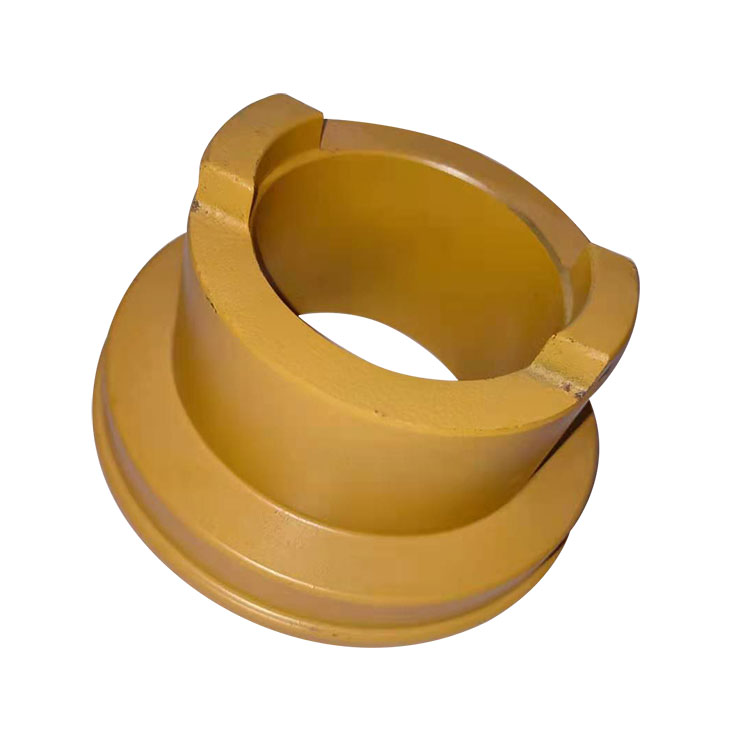What are the advantages and limitations of using steel bushings in comparison to other bearing or bushing materials?
2023-10-18
Using steel bushings offers several advantages and has certain limitations compared to other bearing or bushing materials. The suitability of steel bushings depends on the specific application requirements. Here are the advantages and limitations of using steel bushings:
Advantages of Steel Bushings:
1. High Load Capacity: Steel bushings are known for their excellent load-carrying capabilities, making them suitable for heavy-duty applications and high-load conditions.
2. Wear Resistance: Steel bushings exhibit good wear resistance, especially when properly lubricated. They can withstand abrasive conditions and reduce the risk of premature wear.
3. Durability: Steel is a robust and durable material, ensuring the longevity of steel bushings under demanding operating conditions.
4. Temperature Tolerance: Steel bushings can operate effectively at a wide range of temperatures, making them suitable for both high and low-temperature applications.
5. Corrosion Resistance (Stainless Steel): Stainless steel bushings offer excellent corrosion resistance, making them ideal for applications exposed to moisture or corrosive environments.
6. High Strength: Steel is a strong material, providing structural integrity and support in various mechanical systems.
7. Wide Availability: Steel bushings are widely available, and a broad range of sizes and types can be easily sourced from manufacturers and suppliers.
8. Cost-Effectiveness: In many cases, steel bushings offer a cost-effective solution compared to other specialized materials.
Limitations of Steel Bushings:
1. Friction: Steel bushings generally have higher friction compared to some other materials, which may require additional lubrication to reduce wear.
2. Weight: Steel is relatively heavier than certain other materials used for bushings, which may be a concern in weight-sensitive applications.
3. Noise: Without proper lubrication, steel bushings can produce more noise compared to self-lubricating materials.
4. Corrosion (Non-Stainless Steel): Non-stainless steel bushings are susceptible to corrosion in certain environments, necessitating corrosion protection measures.
5. Conductivity: Steel is conductive, which may be a limitation in applications where electrical isolation is required.
6. Specialized Applications: In applications requiring extreme temperature resistance, high chemical resistance, or very low friction, other materials may be more suitable than steel.
Comparing to Other Bushing Materials:
- Compared to Bronze Bushings: Steel bushings offer higher load capacity and wear resistance, while bronze bushings may provide better self-lubricating properties and corrosion resistance.
- Compared to Plastic Bushings: Steel bushings have higher load capacity and durability, while plastic bushings may offer lower friction, self-lubricating properties, and corrosion resistance in some cases.
- Compared to Brass Bushings: Steel bushings typically have higher load capacity and wear resistance, while brass bushings may offer better corrosion resistance and electrical conductivity.
The choice between steel bushings and other bearing or bushing materials depends on the specific application requirements, environmental conditions, load capacity, and other factors. Engineers must carefully consider these factors to select the most suitable material for optimal performance and longevity.



